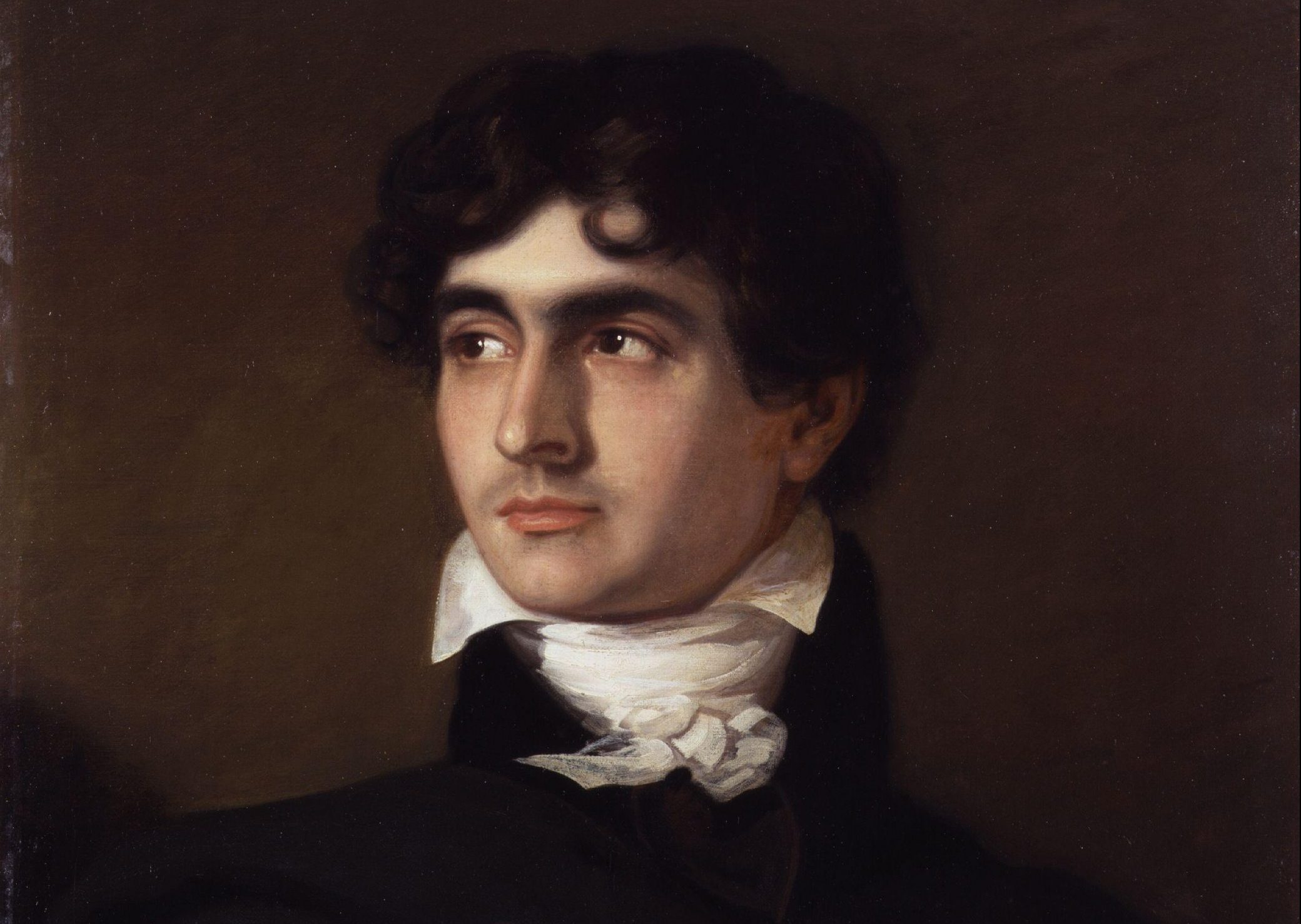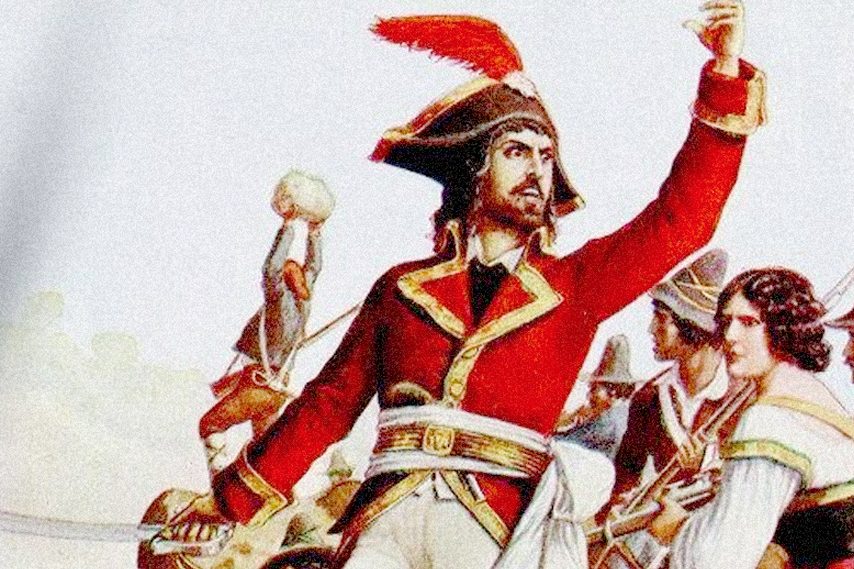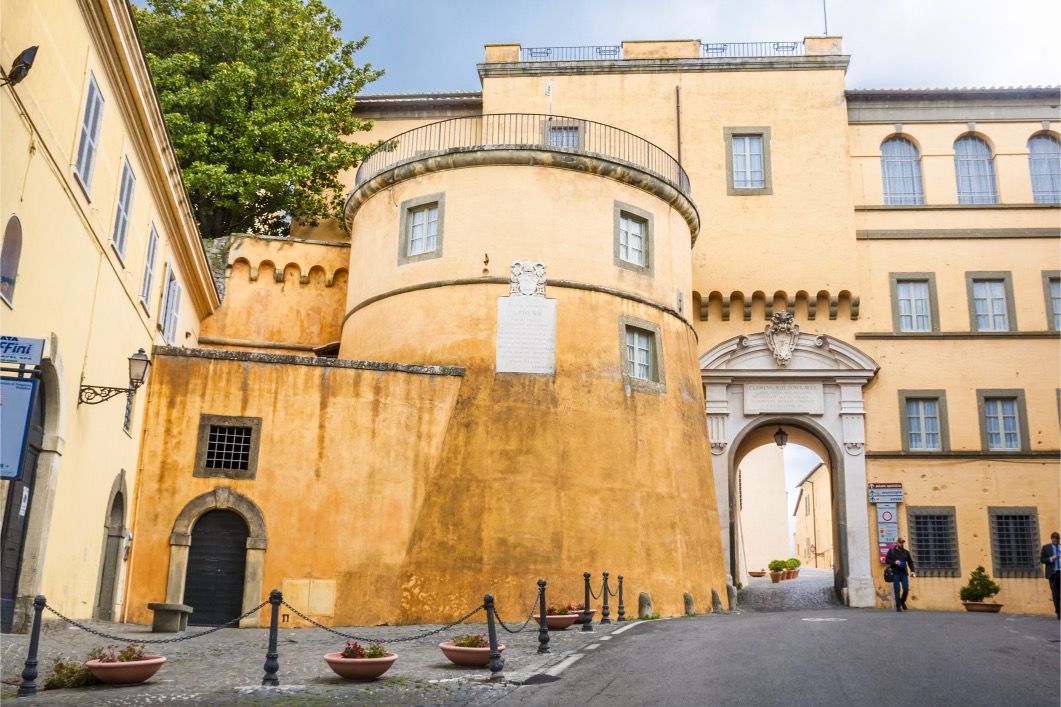Vampires existed in folklore for centuries, gruesome, repulsive, rotting horrors that mindlessly preyed on the blood of the living. The modern version is quite different; while still requiring liquid refreshment, they appear as eerily attractive, suave, psychologically complex, traveling in the best circles, albeit at night. This remarkable transformation was brought about by John Polidori.
He was born in London in 1795, the son of Gaetano Polidori, a teacher, translator and author who had been secretary to Vittorio Alfieri. John was the youngest person to graduate from the University of Edinburgh, receiving a medical degree at the age of 19. Witty, intelligent, handsome and temperamental, he became friends with Byron, and accompanied him on a grand tour of Europe starting in 1816.
Byron, Shelley, Keats and the other Romantic Poets were the rock stars of the day, often more famous for their outrageous lifestyles than their poetry, and Polidori fit in well. He and Byron arrived in the summer of that year at the Villa Diodati in Switzerland, which they shared with Shelley, Mary Wollstonecraft Godwin, soon to be his wife, and her half-sister Claire, who had been Byron’s mistress.
Polidori kept a diary of the trip, but sadly parts of it were destroyed by his sister, so whether it was a wild time of sex, drugs, and drinking as depicted in the Ken Russell movie Gothic or whatever we’ll never know, but what has survived are two of the most influential works in the English language, Frankenstein and Polidori’s The Vampyre.
Byron had proposed a little writing contest to see who could come up with the scariest story. Ironically, his and Shelley’s were soon forgotten, and none of the works were published at the time. With their supersized egos, Byron, Shelly and Polidori quarreled and soon parted their ways; the latter returned to England and resumed his medical practice.
In 1819 a pirated copy of The Vampyre, wrongly attributed to Byron, appeared and became an instant sensation. The first vampire story in English, the title character, Lord Ruthven, transformed the horror of legend into the modern man of mystery and mayhem. It was soon translated into many languages, dramatized in numerous stage versions, and inspired such writers as E. T. A. Hoffmann, Alexandre Dumas, Edgar Allan Poe, Bulwer Lytton, Bram Stoker (whose character Dracula is essentially a reworking of Lord Ruthven), and of course Anne Rice.
Sadly, Polidori, like his friends Byron and Shelley, died young, in 1821. His sister Charlotte put together a censored version of his diary, which was edited by her son William Michael Rossetti, but not published until 1911.
Some critics have belittled Polidori’s genius, but the more objective appreciate his contribution as the creator of the modern vampire story.































